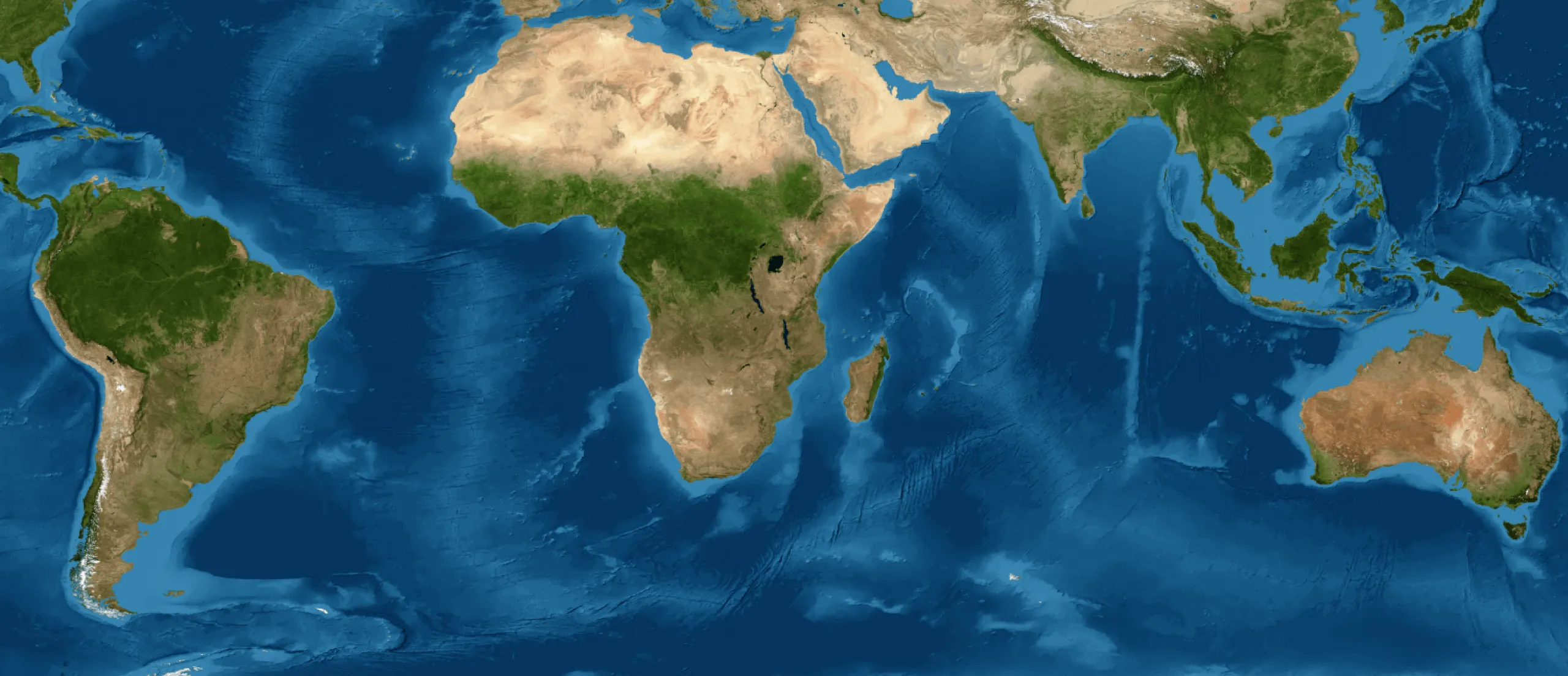Venezuela’s Turmoil: The Fight for Democracy Amidst Election Chaos
Venezuela is currently engulfed in a political crisis following the presidential election held on July 28, 2024. This date, significant for coinciding with the birth anniversary of Hugo Chávez, marked a pivotal moment in the nation’s history. For the first time since 1999, the opposition had a credible chance to unseat the ruling party, leading to heightened tensions and expectations among the populace.
The main candidates in this contentious election were Nicolás Maduro, the incumbent president seeking a third term, and Edmundo González, an opposition candidate backed by María Corina Machado, who was barred from running herself. González’s campaign resonated with many Venezuelans, as exit polls indicated he had won approximately 67% of the vote. This overwhelming support suggested a significant shift in public sentiment against Maduro’s administration, which has been marred by economic hardship and political repression.
However, the aftermath of the election was anything but peaceful. The National Electoral Council (CNE), widely perceived as biased towards Maduro, declared him the winner with 51% of the votes. This announcement was met with immediate backlash, as independent observers and opposition representatives claimed that González had actually won by a much larger margin. Allegations of massive fraud began to surface, casting a shadow over the legitimacy of the electoral process.
In the wake of the disputed results, widespread protests erupted across Venezuela. Demonstrators took to the streets, blocking highways and occupying airports in a show of defiance against the government. The protests quickly escalated into violent clashes with security forces, resulting in over 20 deaths and more than 2,000 arrests. The unrest highlighted the deep-seated frustrations of a populace yearning for change amidst a backdrop of economic despair.
The Maduro government responded to the protests with severe repression. Opposition leaders and activists faced arrests, and María Corina Machado went into hiding due to threats from government forces. This crackdown on dissent has raised alarms about the state of democracy in Venezuela, as the government appears determined to maintain its grip on power at any cost.
International reaction to the election has been swift and critical. Various global organizations, including the European Union, have expressed significant concern regarding the legitimacy of the election process. Calls for independent verification of results and transparency have echoed across the international community, with observers noting that the conditions under which the election was held did not meet international standards for free and fair elections.
Historically, this election represents a critical juncture in Venezuelan politics. The United Socialist Party of Venezuela (PSUV) has maintained control over key state institutions since Chávez’s presidency began in 1999, leading to accusations of authoritarianism and the undermining of democratic processes. The opposition, which has been fragmented in the past, united behind González for this election, marking a strategic shift from previous boycotts to actively contesting elections despite the known risks of electoral manipulation by the government.
Public sentiment in Venezuela has been one of hope for change, as many citizens expressed discontent with Maduro’s administration, characterized by hyperinflation and economic hardship. The opposition’s ability to mobilize support across different social classes indicated a potential shift in political dynamics. This growing discontent could signal a turning point for Venezuela, as citizens demand accountability and a return to democratic governance.
Looking ahead, the implications of this election are profound. Should Maduro retain power through these contested results, it could lead to further consolidation of his authority and increased oppression against dissenters. Conversely, a victory for González could signal a new direction for Venezuela’s governance and potentially restore democratic processes. The fight for democracy in Venezuela is far from over, as the nation grapples with the consequences of election chaos and the quest for a brighter future.
In conclusion, the turmoil surrounding Venezuela’s recent election underscores the fragility of democracy in the country. As protests continue and international scrutiny intensifies, the path forward remains uncertain. The resilience of the Venezuelan people in their fight for democracy will be crucial in determining the future of their nation amidst the ongoing chaos.






Leave a Comment